
Customers shop for Spring Festival decorations at a market in Taian, Shandong province, on Thursday. China's consumer price index, a main gauge of inflation, rose by 2 percent year-on-year in 2022, according to data released by the National Bureau of Statistics. (ZOU HONG/CHINA DAILY)
China has favorable conditions and capabilities to maintain overall price stability in 2023 despite imported inflationary pressures and potential fluctuations in high international commodity prices, officials and experts said on Thursday.
Compared with the soaring prices in major advanced economies, China's inflation remains mild and controllable, leaving room for policy easing to bolster the economy amid headwinds and uncertainties, they said.
China's consumer price index, a main gauge of inflation, grew by 1.8 percent year-on-year in December, up from a 1.6 percent increase in November, the National Bureau of Statistics said on Thursday.
Meanwhile, China's producer price index, which gauges factory-gate prices, decreased by 0.7 percent year-on-year last month, after a 1.3 percent decline in November.
Wan Jinsong, director of the National Development and Reform Commission's Department of Price, said the country has solid foundations, as well as confidence and capabilities, to maintain overall price stability in 2023, given the sufficient supply of daily necessities, the stable supply of energy and an improved system for ensuring price and supply stability.
Wan told a news conference in Beijing on Thursday that China's overall price levels are generally stable as the country's full-year consumer inflation rose by 2 percent year-on-year. In contrast, inflation in major advanced economies — the United States, the eurozone and the United Kingdom — as measured by CPI, was about 8 percent, above 8 percent and about 9 percent, respectively.
"Unlike the rest of the world, China has continued to issue low inflation data due to weak domestic demand," said Lu Ting, chief China economist at Nomura, adding that the COVID-19 outbreaks severely curtailed economic activity in December, particularly in the services sector.
Lu said his team expects CPI inflation to rise slightly to 2 percent year-on-year in January, mostly due to seasonal patterns, as the lunar New Year holiday takes place early this year compared with 2022.
Meanwhile, PPI inflation will post a 0.5 percent year-on-year decline in January, mainly driven by the recent rise in some metal prices, he said.
"Looking forward … we think inflation is not a major concern for China in 2023 and we expect the policy stance to remain accommodative," Lu said.
A top government think tank forecast on Thursday that China's consumer inflation will stay mild in 2023, cautioning that the risks of price increases beyond expectations still remain.
The Center for Forecasting Science at the Chinese Academy of Sciences estimates that China's CPI will rise about 1.8 percent in 2023, while the PPI will decline by about 0.4 percent.
Zhou Maohua, an analyst at China Everbright Bank, said the mild inflation levels will offer room for policymakers to intensify policy easing, and there is plenty of policy space to cut interest rates and the reserve requirement ratio — the proportion of money that lenders must hold as reserves — in the next few months.
The latest data also offers the official snapshot of improved monetary conditions as China's broad money supply, or M2, rose 11.8 percent year-on-year in December to 266.43 trillion yuan ($39.41 trillion), according to the People's Bank of China, the country's central bank.








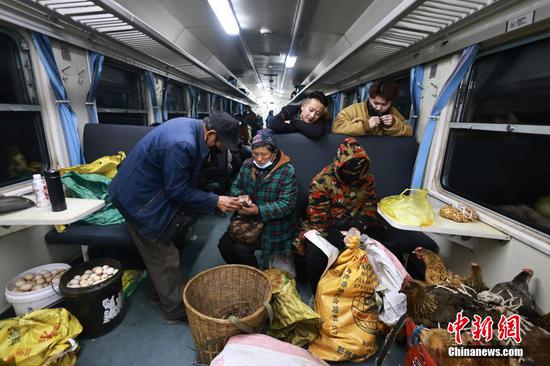
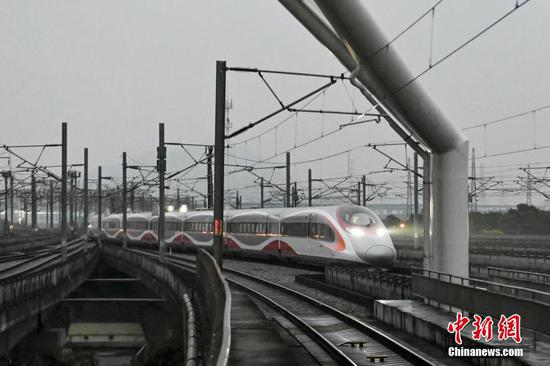
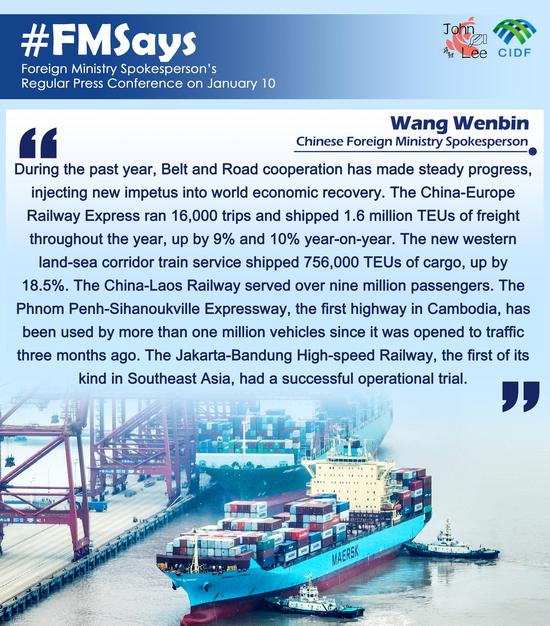
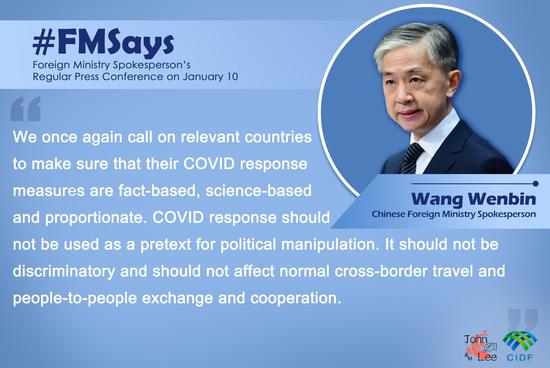
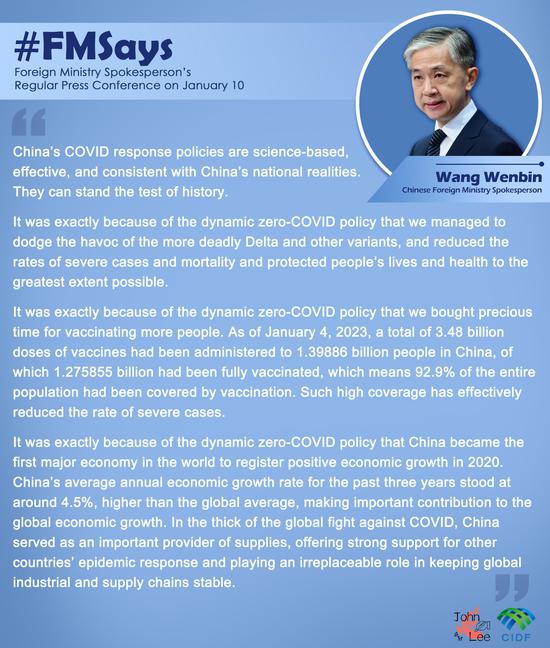
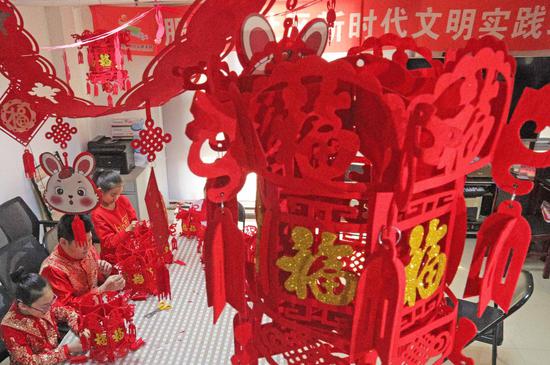
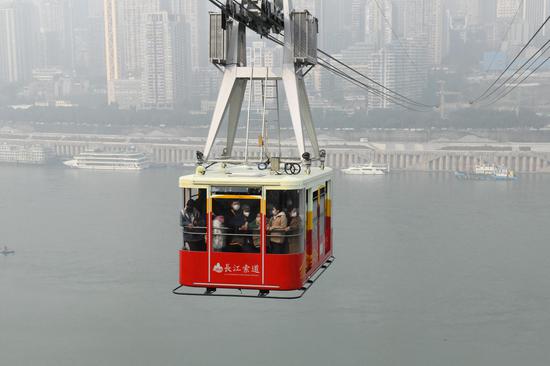
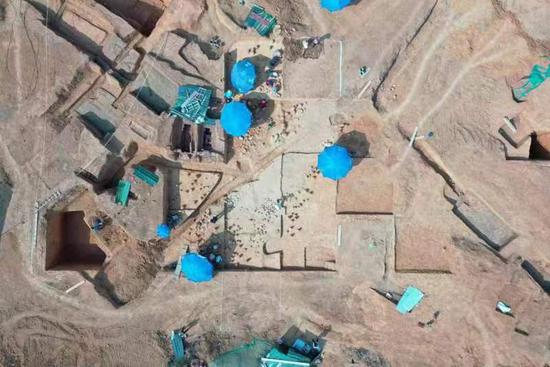
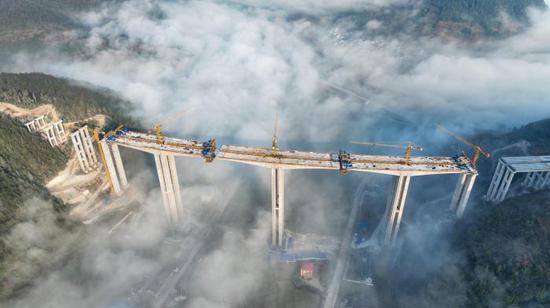
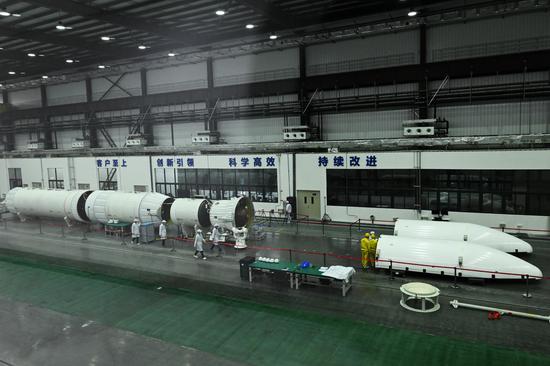



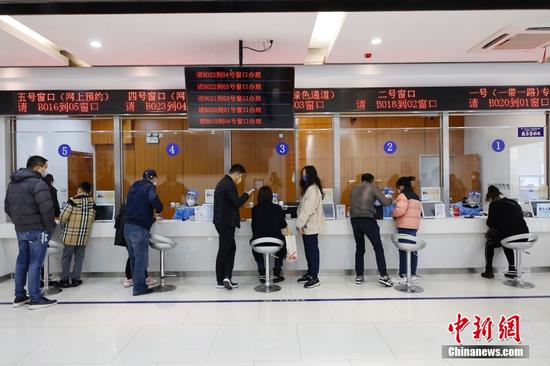
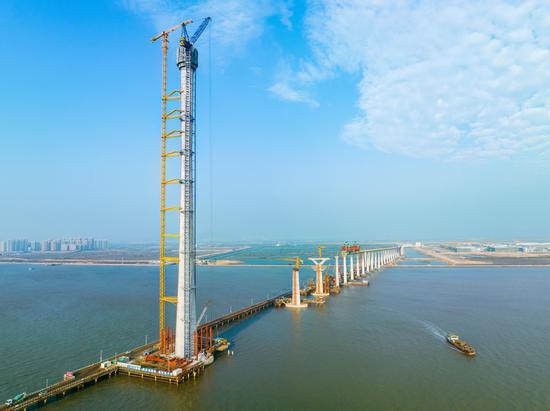

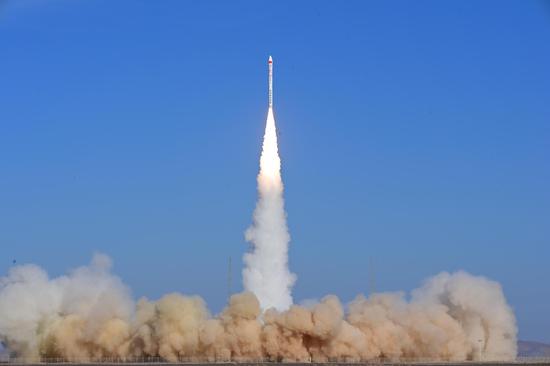
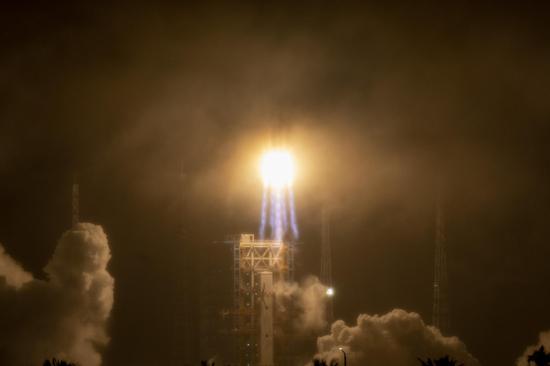
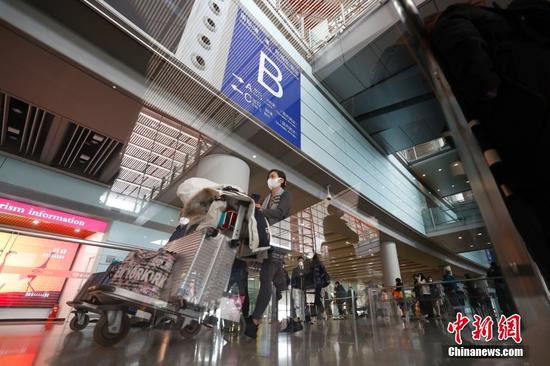

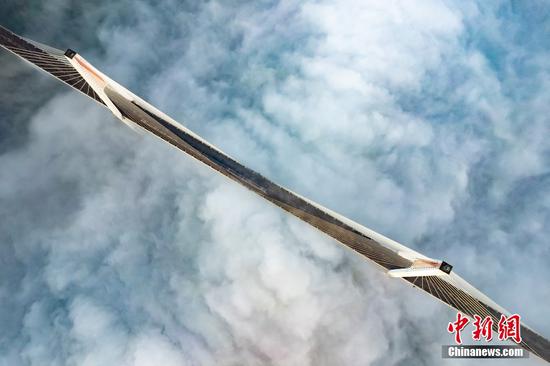
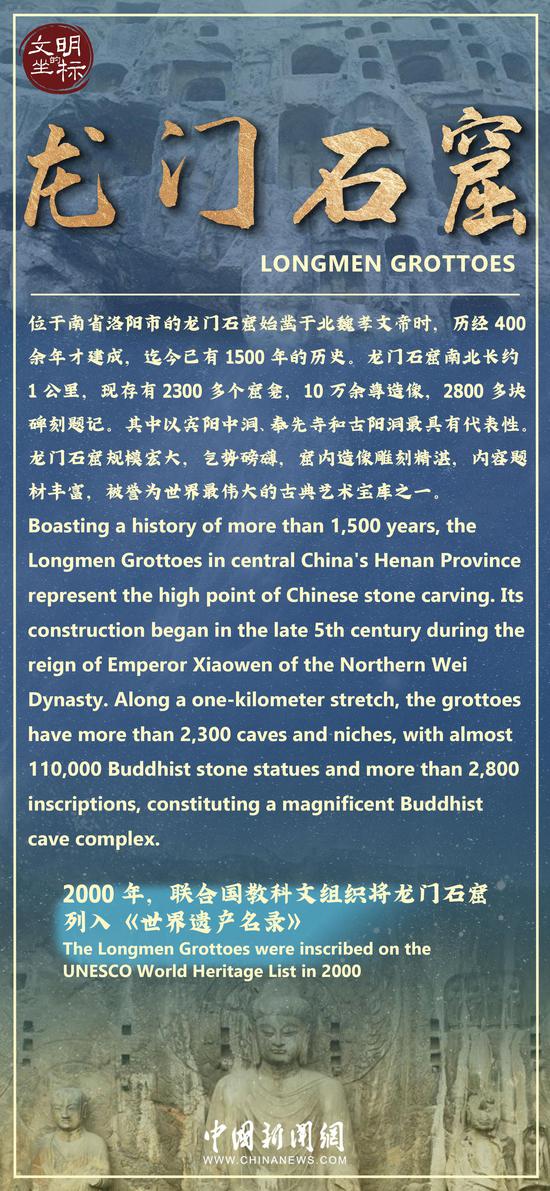

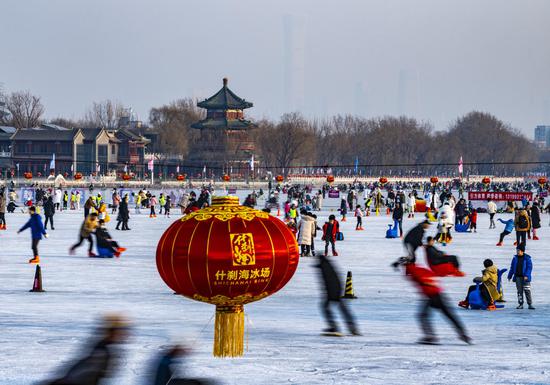
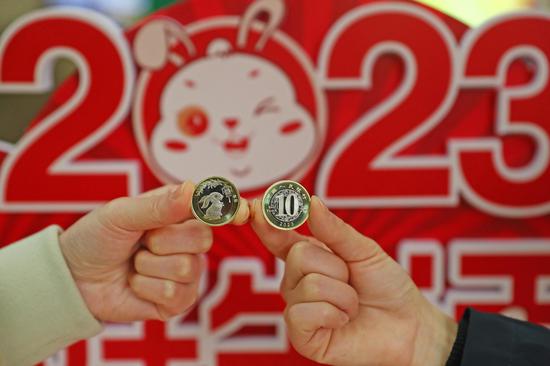
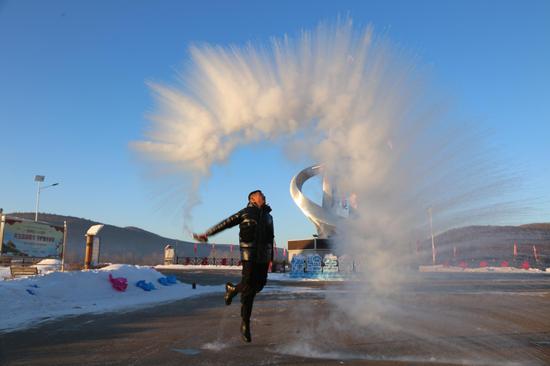
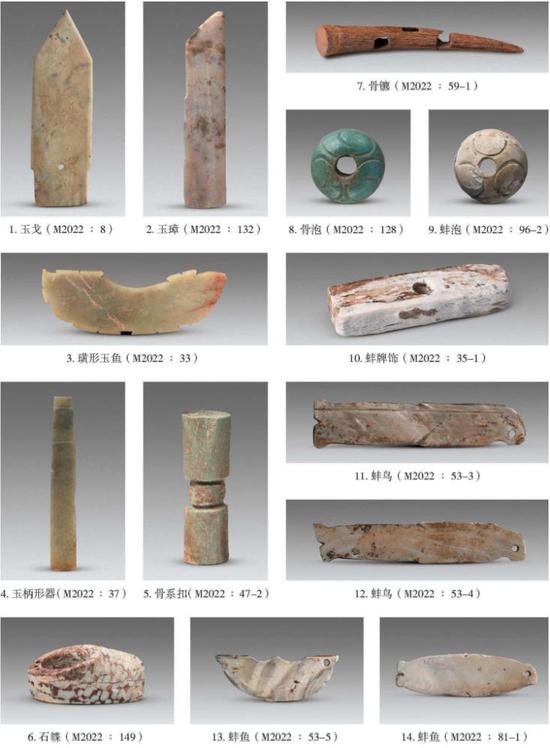

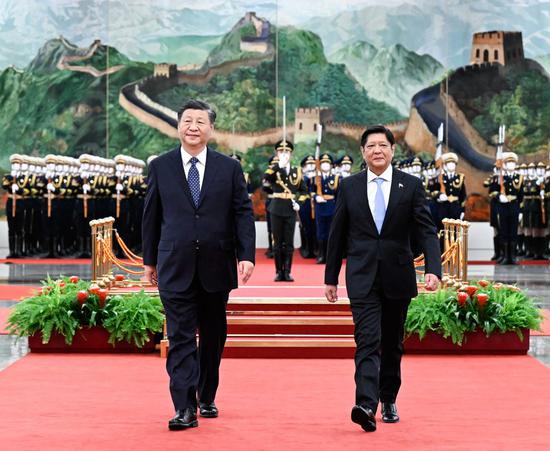
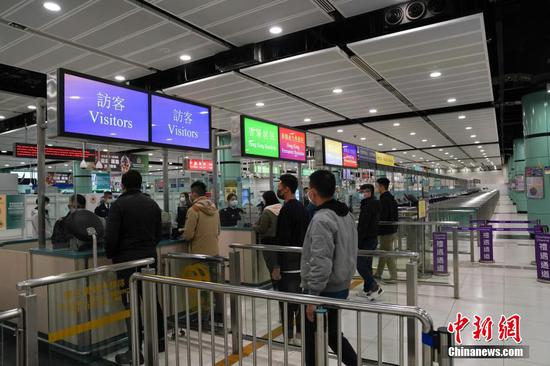
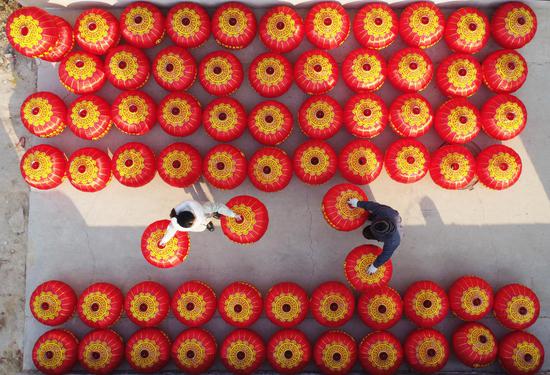
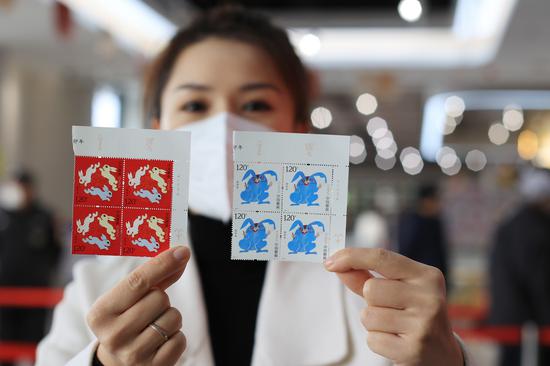
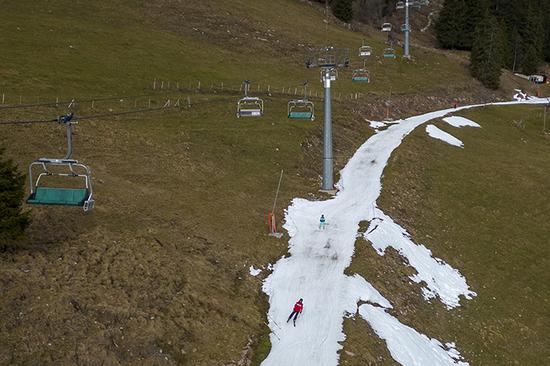

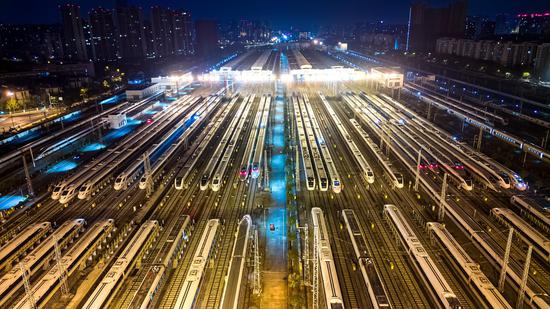







 京公网安备 11010202009201号
京公网安备 11010202009201号